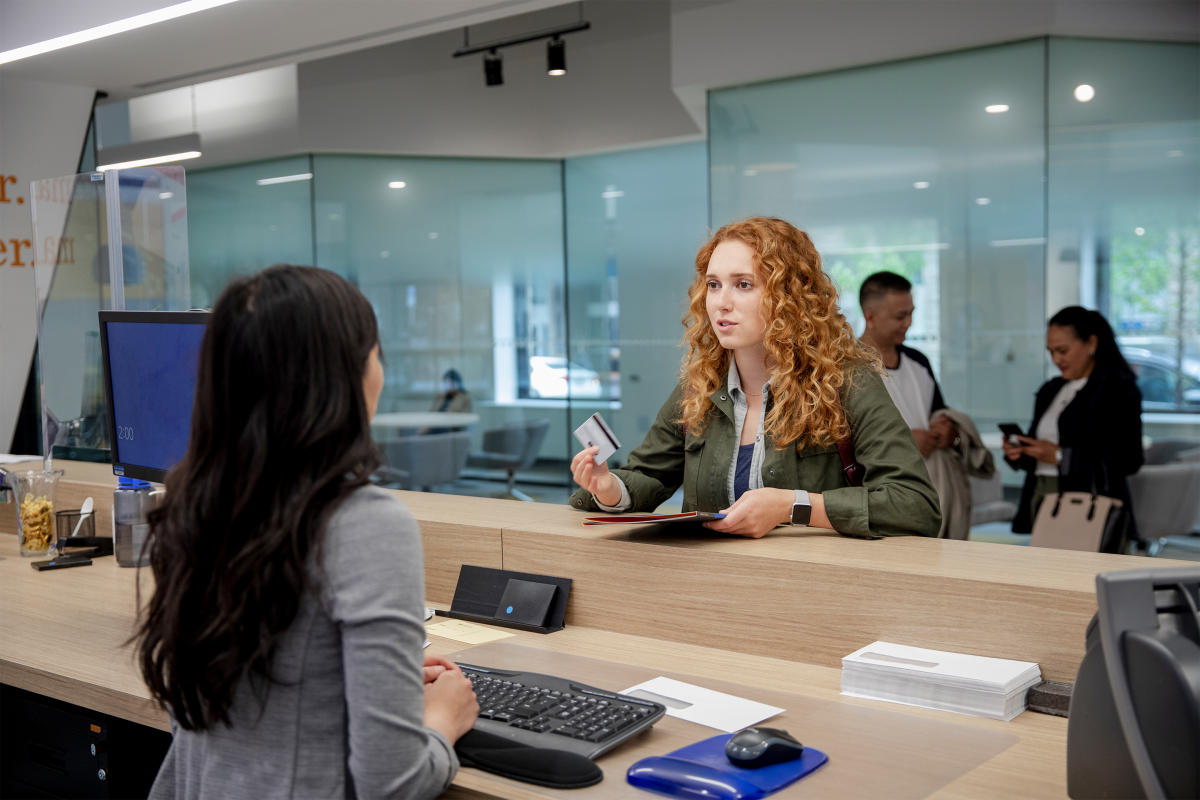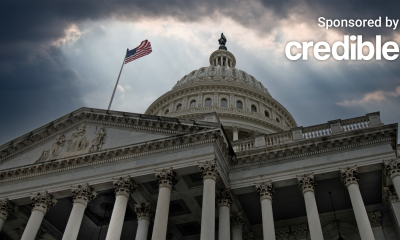Personal Finance
Are Your Bank Deposits Covered by FDIC Insurance? Here’s How to Know

After two of the largest bank failures in U.S. history — the collapse of Silicon Valley Bank on Friday followed by the downfall of Signature Bank on Sunday — you may be wondering if your own deposits are safe.
While the federal government now says depositors at both institutions will be able to get all of their money — including holdings beyond the Federal Deposit Insurance Corporation (FDIC) insurance limit — back in a timely fashion, that’s not always the case when a bank fails.
The FDIC usually steps in to find a healthy bank to take over the collapsed institution. In the event that the FDIC is unable to find a buyer for a failed bank, depositors with account balances over the maximum can be at risk of losing money. (Of note: That’s only happened once in the past decade, when a small bank in Connecticut failed.)
So you definitely don’t need to panic, but it’s also better to be safe than sorry. And it’s relatively easy to make sure that your deposits are covered by FDIC insurance, even if you have a lot of money.
How to find out if your money is FDIC-insured
There are three quick ways to check if the FDIC insures your bank or savings association, according to the agency.
You can use the FDIC’s Bank Find website, call the agency at 1-877-275-3342 or look for official FDIC signage at banking locations. Nearly all U.S. banks are insured by the FDIC, but there’s no harm in confirming for peace of mind.
Plus, your bank being insured by the FDIC doesn’t guarantee that all your money is backed by the agency. It’s important to understand what is and isn’t covered by the FDIC.
The FDIC’s deposit insurance covers checking accounts, savings accounts, certificates of deposit (CDs) and more. The limit is $250,000 per depositor, per account type, per institution. But the FDIC does not cover your investments in things like stocks, bonds, mutual funds and crypto.
Limits of FDIC coverage
As of 2019, the typical household had a mean of $41,600 in their transaction accounts, meaning that for lots of Americans, there’s not much to worry about in terms of the FDIC’s coverage limits.
If you have less than $250,000 in the bank and the funds are in an eligible account, you’re good: The FDIC likes to boast in news releases that “since 1933, no depositor has ever lost a penny of FDIC-insured funds.”
Matters get more complicated if you’re holding more than that amount, but there are ways to guarantee your money is covered.
-
You can spread your funds across multiple banks to increase your total coverage. For example, if you have three checking accounts with three different banks, you’d then have a total limit of $750,000. Just be careful that your accounts aren’t at separate branches of the same bank.
-
If you open a joint account with your spouse, the coverage limit doubles to $500,000, assuming the account meets several requirements.
-
Lastly, if you have money in different types of accounts with the same bank, you may qualify for coverage beyond $250,000. The FDIC defines multiple “ownership categories,” so you’ll need to read the fine print and make sure the accounts aren’t in the same category. As always, consider consulting a professional.
Daily Money
Every day we publish the latest news, stories, and content on the financial topics that matter. This is your daily guide to all things personal finance.
Sign Up
Goldco can help you take control of your financial future
Invest in Gold
More from Money:
Best National Banks of 2022-2023
Earning More Money Actually Does Make People Happier: Study
Credit Card Companies Drop Plans to Track Gun Store Purchases After Pressure From Lawmakers
© Copyright 2023 Money Group, LLC. All Rights Reserved.
This article originally appeared on Money.com and may contain affiliate links for which Money receives compensation. Opinions expressed in this article are the author’s alone, not those of a third-party entity, and have not been reviewed, approved, or otherwise endorsed. Offers may be subject to change without notice. For more information, read Money’s full disclaimer.
Read the full article here

-

 Side Hustles6 days ago
Side Hustles6 days agoWhy the Best CEOs Think Like Anthropologists
-

 Side Hustles4 days ago
Side Hustles4 days agoThis User-Friendly H&R Block Software Package is Only $40, While Supplies Last
-

 Investing4 days ago
Investing4 days agoTikTok faces US ban deadline as users brace for fallout By Reuters
-

 Passive Income3 days ago
Passive Income3 days agoTrain for a New Tech Career in 2025 With This $25 Course Bundle
-

 Personal Finance5 days ago
Personal Finance5 days agoDecember inflation clouds Fed's outlook on interest rate cuts
-

 Personal Finance6 days ago
Personal Finance6 days agoCalifornia's homeowners insurance industry faces rough road ahead as wildfires continue
-

 Investing6 days ago
Investing6 days agoWhy Not Owning Bitcoin is Making You Poor
-

 Make Money6 days ago
Make Money6 days agoDon’t Settle: 5 Game-Changing Moves to Maximize Your Financial Advisor’s Impact


















